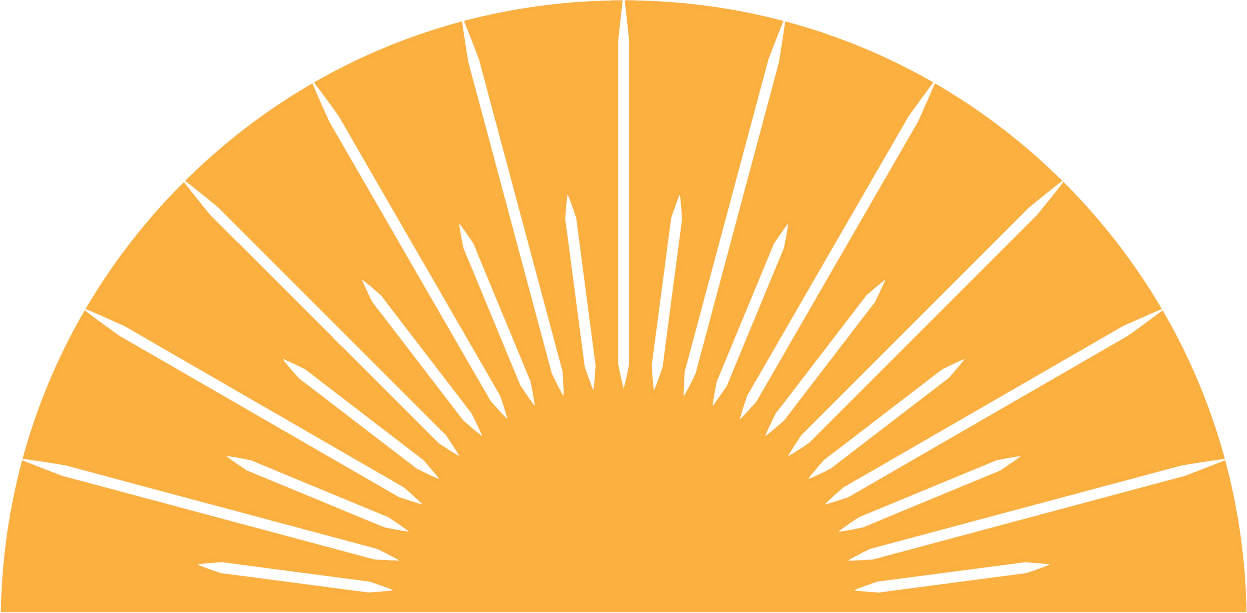Author: Paul
-
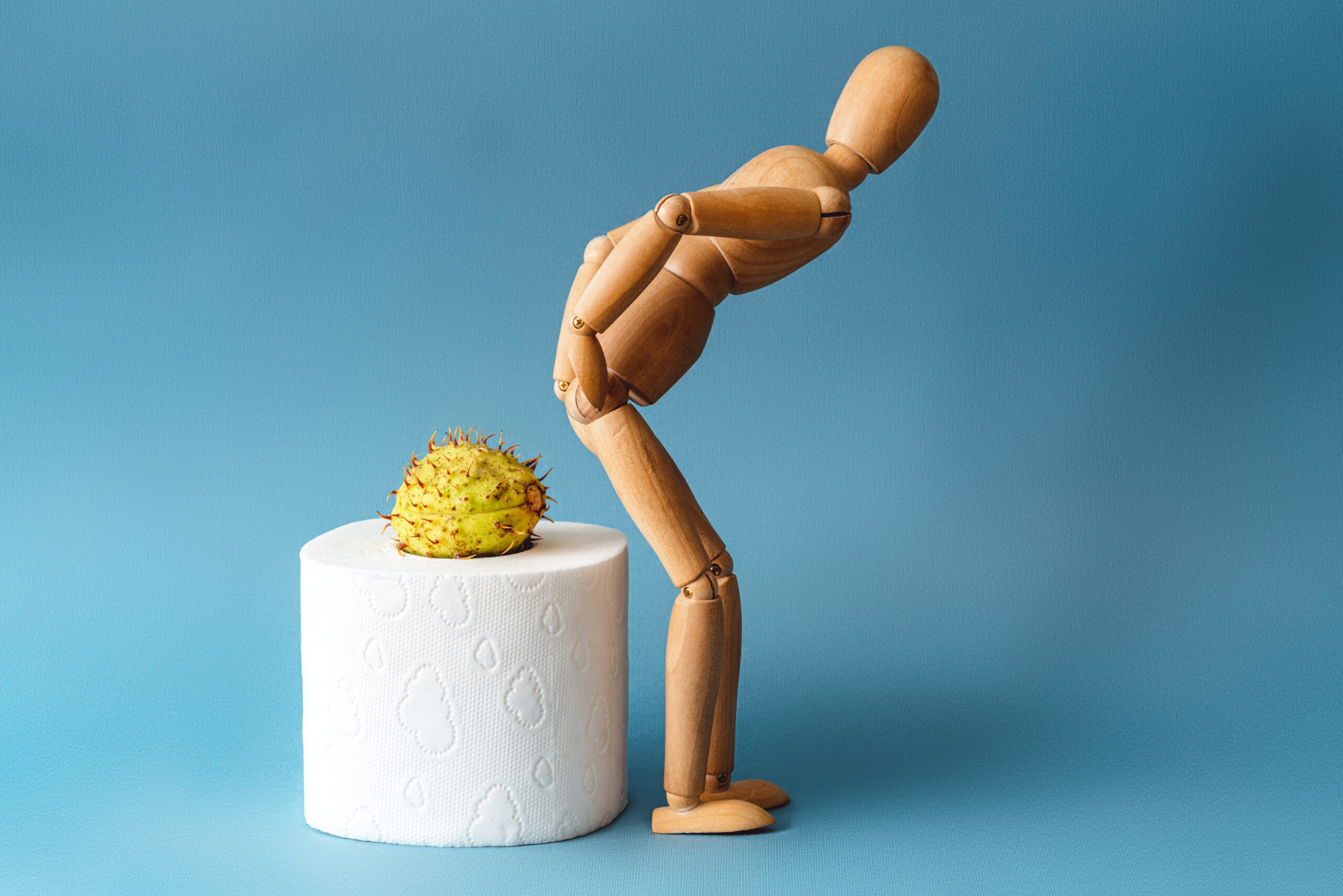
Having Hemorrhoids? Try Acupuncture!
Posted Tuesday, June 23rd, 2015 Acupuncture for Hemorrhoids: A Holistic and Natural Approach to Relief Finding Relief from Hemorrhoids with Traditional Chinese Medicine Anyone who has ever experienced hemorrhoids will tell you what a ‘pain in the butt’ it can be. Surgery is only an option in the most extreme cases. So, for all other…
-

What is 5-HTP?
Posted Tuesday, May 1st, 2018 5-HTP: Benefits, Uses, and Side Effects 5-HTP, or 5-hydroxytryptophan, is a chemical byproduct of L-tryptophan, which is a building block of protein. It is made both naturally in the body and synthetically and can be used to treat a wide variety of issues, from insomnia to Parkinson’s disease. 5-HTP can…
-
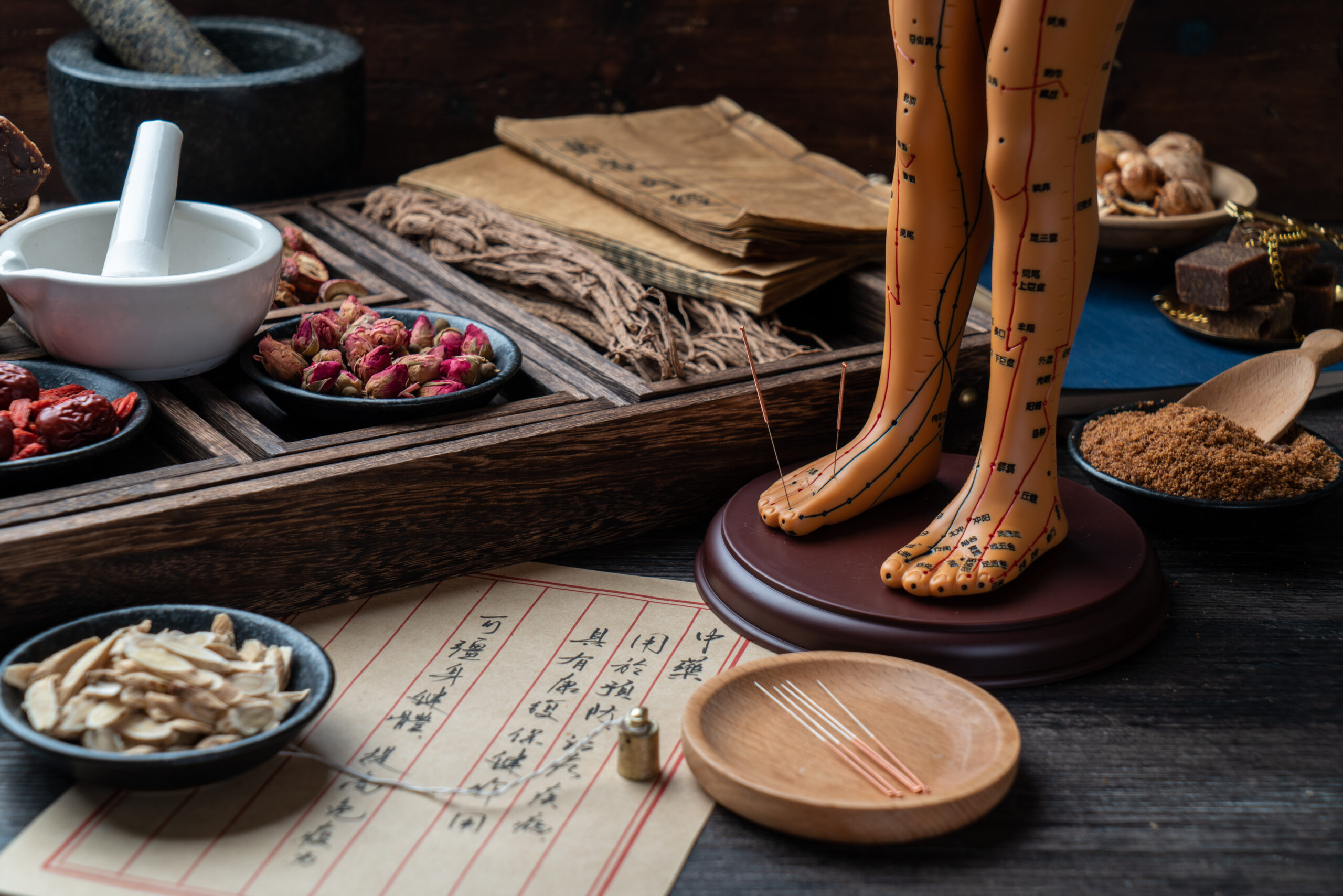
The History of Acupuncture in America in the 1970s
Posted Thursday, October 8th, 2015 The History of Acupuncture in America: How It Became a Popular Healing Practice Acupuncture: An Ancient Healing Modality Acupuncture is an ancient practice that dates back 4,000 or more years. Rooted in Eastern culture, especially China, acupuncture has been used for centuries to promote healing and wellness. While China and…
-
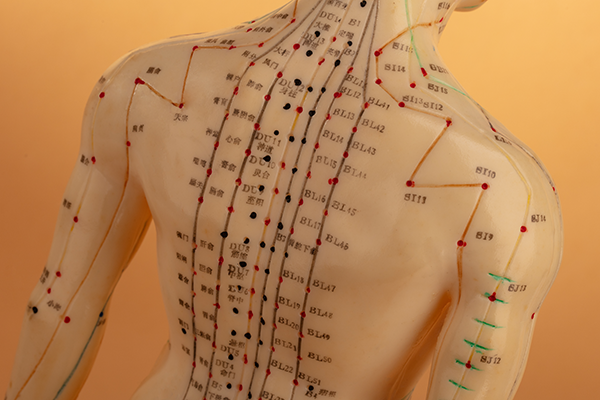
Five Best Books on the Art of Acupuncture
Posted Monday, December 14th, 2015 The Top 5 Books About Acupuncture: A Comprehensive Guide The uncanny and oftentimes misunderstood art of acupuncture frightens some but intrigues others. What is acupuncture? What does it do? What are its notorious healing powers? All of these questions and more can be answered with quality literature on the subject.…
-

What Should I Be Juicing?
Posted Saturday, January 24th, 2015 The Health Benefits of Juicing: A Nutritional Guide Why Nutrition is the Foundation of Health At Above & Beyond Acupuncture, one of our core beliefs is that nutrition is the foundation of health and wellness. All patients receive nutritional guidance as part of their treatment, providing them with an opportunity to improve their…
-
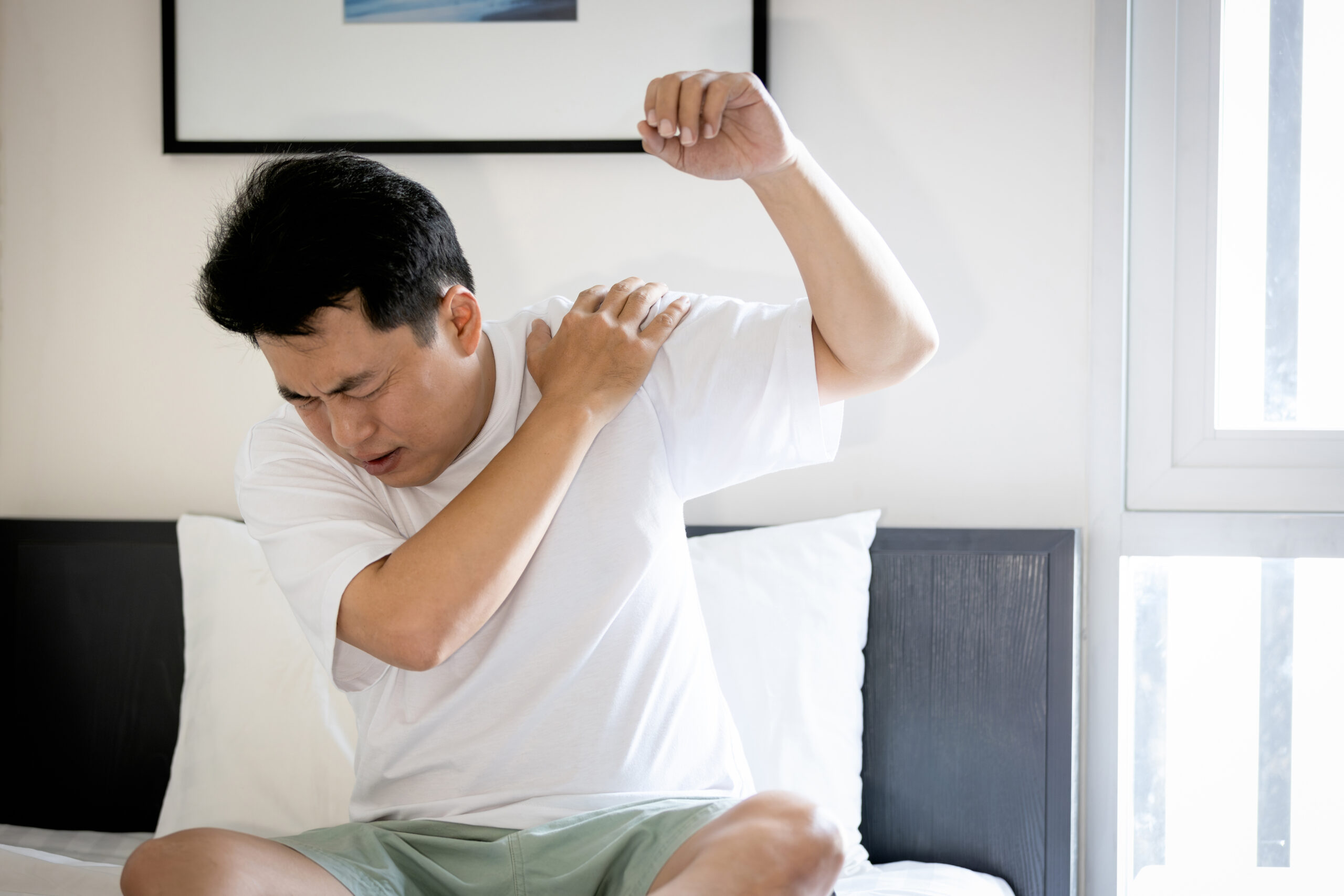
Can Acupuncture Treat Frozen Shoulder?
Posted Thursday, July 23rd, 2020 Frozen Shoulder? Discover How Acupuncture Can Help Struggling with Shoulder Pain? The pain caused by a shoulder injury can be intense and may end up reducing your mobility. This can significantly impact your daily life by making it difficult for you to perform routine daily tasks. Though several conditions can…
-

Three Things You Should Never Juice
Posted Wednesday, July 1st, 2015 What Should I Not Be Juicing? 3 Things to Avoid Juicing has become a popular and convenient way for many people to get a variety of nutrients and vitamins. In a previous blog post titled “What Should I Be Juicing?” we went into detail about the benefits, best time of…
-

Top Athletes Who Use Acupuncture
Posted Sunday, January 31st, 2016 Acupuncture for Athletes: Pain Management & Recovery Acupuncture can have some extremely rewarding effects when it comes to pain management and recovery. For athletes that train regularly, having a non-invasive technique that can be used to improve pain management and reduce inflammation is extraordinary. While many athletes utilize acupuncture as a…
-

Keep Moving Forward!
Posted Friday, July 10th, 2015 Feeling Stuck in Life? Here’s How to Keep Moving Forward Have you been feeling stuck in your life? If you’ve answered “yes” to any of these questions, there’s only one thing you need to do: You must keep moving forward. This might seem like a simple response to a challenging…
-

Being Alone in Phoenix: Best Meditation Spots
Posted Tuesday, November 3rd, 2015 Best Places to Meditate in Phoenix Meditation has many benefits. From lowering blood pressure to reducing stress and anxiety, no one will argue that it is bad for you. It is a practice that not only helps create balance in your day, but also it helps train the body to react to…
